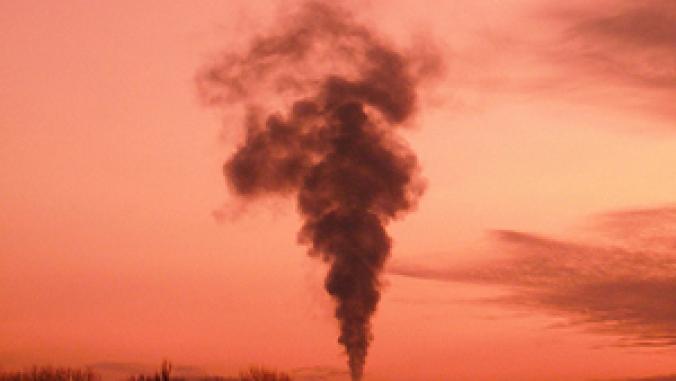Without Climate Deal, Coal's Future Assured
<p>Carbon dioxide emissions from burning fossil fuels will soar 43 percent by 2035 globally if worldwide efforts to address climate change fail, driven by increasing coal consumption in developing countries.</p>

Coal pile -- Image CC licensed by Flickr user jpmueller99
Carbon dioxide emissions from burning fossil fuels will soar 43 percent by 2035 globally if worldwide efforts to address climate change fail, driven by ever-growing coal consumption in developing countries.
In its latest 2010 International Energy Outlook, the Energy Information Administration predicts that robust economic growth in developing countries and a continued reliance on carbon-intensive fossil fuels will significantly increase energy-related CO2 emissions.
Emissions will rise to 42.4 billion metric tons in 2035, compared to 29.7 billion metric tons in 2007, according to the EIA. Overall energy use will grow 49 percent between 2007 and 2035.
Swelling consumption in Asia is expected to account for 95 percent of the world's net coal increase through 2035. In comparison, coal use remains fairly flat in North America and the rest of the world.
"For example, installed coal-fired generating capacity in China more than doubles in the Reference case from 2007 to 2035, and coal use in China's industrial sector grows by 55 percent," the EIA wrote in the report. "The development of China's electric power and industrial sectors will require not only large-scale infrastructure investments but also substantial investment in both coal mining and coal transportation infrastructure."
The EIA sounded a slightly more positive note for renewable energy, predicting the renewable share of world electricity generation, including nuclear and hydropower, would increase from 18 percent in 2007 to 23 percent in 2035. Its annual growth rate would be roughly 3 percent.
Coal, with an annual average growth rate of 2.3 percent, would be the second fastest growing source of electricity generation, the EIA said.
"The outlook for coal could be altered substantially, however, by any future legislation that would reduce or limit the growth of greenhouse gas emissions," the EIA said.
Image CC licensed by Flickr user jpmueller99.




